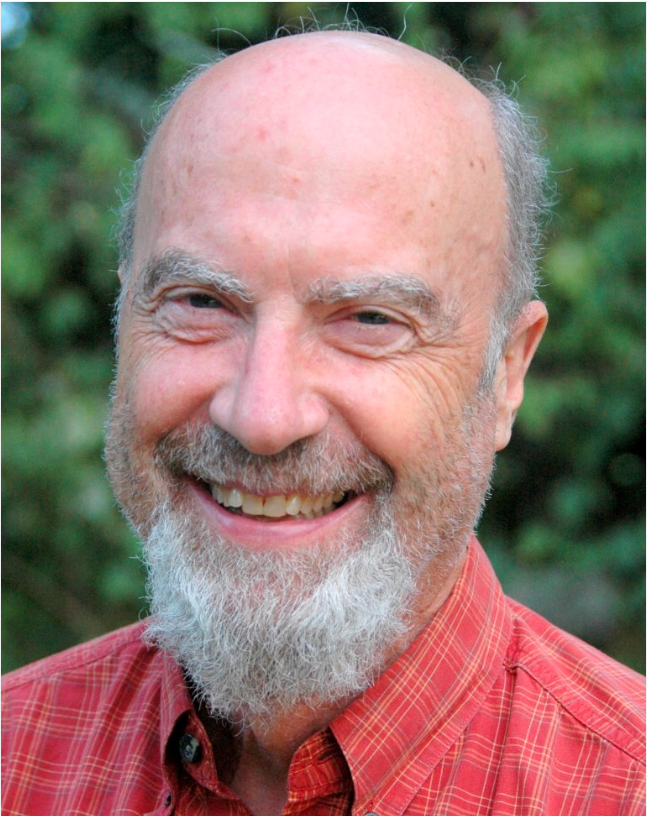The most recent Friends Journal, August 2020, is organized around the theme “Pastoral Friends,” an unusual topic for Friends Journal. The articles are worth reading. Especially interesting is “Pastoring Without a Pastor,” by Kathleen Costello Malin, about the experience of Smithfield Friends Meeting, which, like Durham Friends Meeting, is part of New England Yearly Meeting. And, like Durham Friends, Smithfield is trying pastoral worship without a pastor. I recommend the whole article. Likely you’ll need a subscription to read it, but here’s a snippet or two:
“We continue to try things to keep our pastoral meeting’s tradition alive. We had several volunteer “pastors” and have also tried to share the duties of presenting messages among our members. We know that we have people who come to our meeting for the programmed worship. They have alternatives that offer sermons and hymns, including a welcoming Old Catholic church that some of our members also attend. Pastoral care for the members of the meeting was certainly the hardest thing to replicate when we tried it on our own. Not everyone is suited to this type of ministry, and the duty usually falls on those most willing to help.
“After our last pastor retired, our Ministry and Counsel Committee met to explore our options. …
“[F]or several years we took turns giving messages from the lectern during our meetings for worship. We would start with a song and follow with sharing our joys and concerns of the week. After some silent worship, the volunteer would give a message, and then after another period of open worship, we ended with a song.

